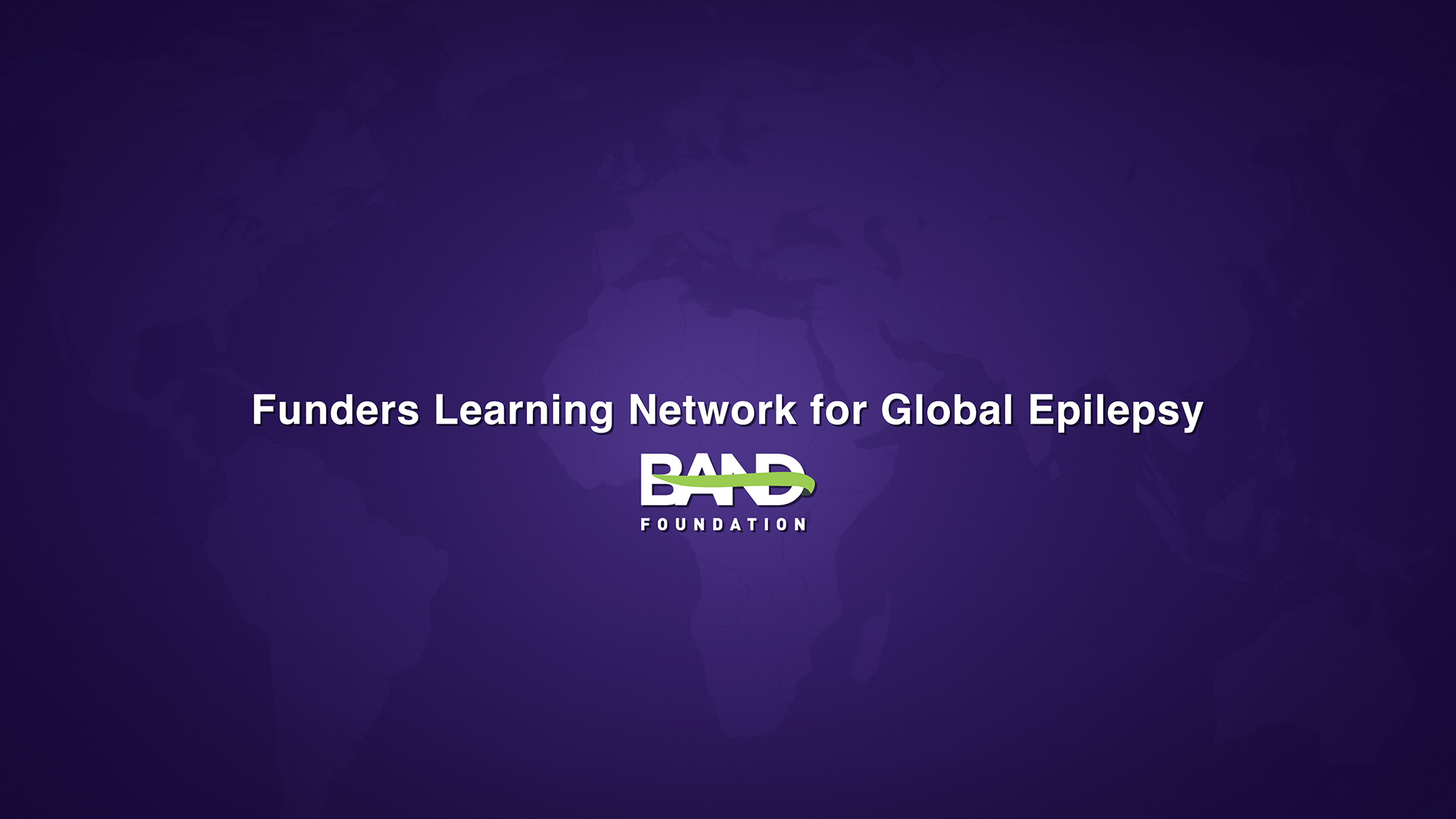
The Funders Learning Network for Global Epilepsy is a two-year pilot initiative launched by the BAND Foundation to spark interest, build connections, and explore solutions for epilepsy care in Africa.
Epilepsy affects more than 50 million people worldwide, with the vast majority living in low-resource settings where treatment gaps exceed 75%. Despite its scale, epilepsy remains a significantly neglected health challenge.
Through this network, we convene donors and their advisors to learn together, share experiences, and identify high-impact opportunities for investment in epilepsy and related neurological conditions.
What We Offer
- Virtual Funder Learning Sessions (3–4/year): Expert-led discussions on the burden of epilepsy, treatment gaps, proven interventions, systems change strategies, and collaborative funding models.
- Quarterly Newsletter: Updates on epilepsy-related developments, funding opportunities, partner highlights, and upcoming events.
- One-on-One Support: Confidential calls to align priorities, identify partners, explore program site visits, and integrate epilepsy into broader health strategies.
There is no required time commitment to join — members can tailor their engagement based on capacity.
Why Join
By joining this Network, you can:
- Deepen your understanding of epilepsy as an urgent but neglected health issue.
- Connect with peers working at the intersection of global health, NCDs, and health systems strengthening.
- Contribute to reducing a neglected but solvable source of global health inequity.
How to Join: You can express interest in joining the network using this form.
Epilepsy in Africa Primer
The BAND Foundation has put together a short primer, Epilepsy in Africa: A Neglected Public Health Issue, to highlight why epilepsy is one of the most urgent yet overlooked health challenges on the continent.
The document outlines the scale of the treatment gap, the human and economic costs of inaction, and the exceptional return on investment that targeted funding can deliver. It also makes the case for why now is the moment for philanthropy and global health actors to act.
